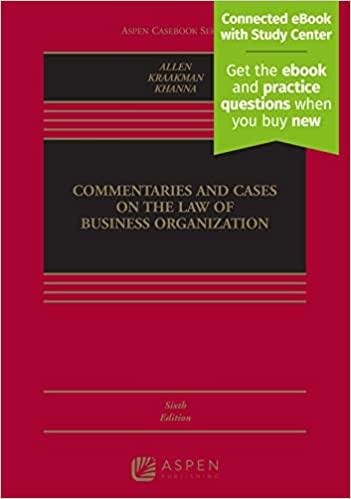Question
Based on the following case: Jason Burke has been a CFP professional for 15 years. Four years ago, Betty (age 79) became a client. Betty
Based on the following case:
Jason Burke has been a CFP professional for 15 years. Four years ago, Betty (age 79) became a client. Betty has a longhistory of investing, and is retired with an annual income of approximately $46,000, two-thirds of which is pension income. She asked Jason to invest $150,000 in a leveraged investment, to be secured by her mutual fund holdings.
The leveraged loan represented slightly less than 50% of her total assets. Betty is in good health and believes she will live for at least another 17 years, and she is making the investment with a view to minimize her current tax liability (with the tax write-off available for the investment loan) and meet her estate planning needs.
In reviewing the principles of leveraged investing with Betty, Jason pointed out that leveraging is considered a fairly risky investment. He delicately noted that, at her age, most clients were interested in minimizing risk and preserving their estate.
Betty replied that her two children were not in favour of the investment, but that "it was [her] money" and she could do with it "what [she] chooses."
what are the possible courses of action and what strengths and weaknesses of those actions?
Step by Step Solution
There are 3 Steps involved in it
Step: 1

Get Instant Access to Expert-Tailored Solutions
See step-by-step solutions with expert insights and AI powered tools for academic success
Step: 2

Step: 3

Ace Your Homework with AI
Get the answers you need in no time with our AI-driven, step-by-step assistance
Get Started


